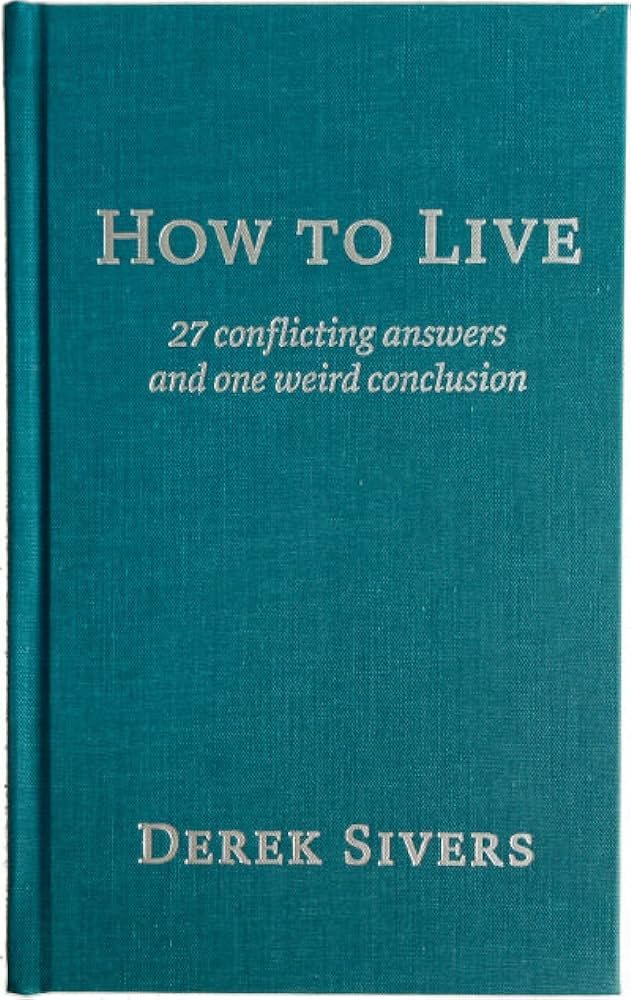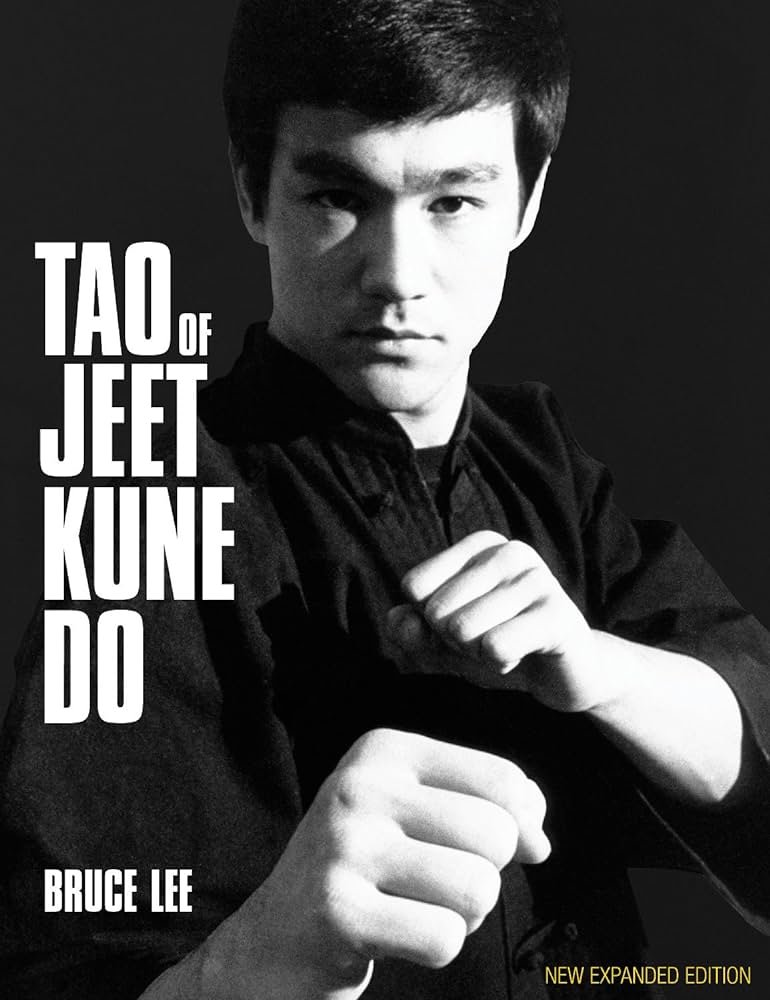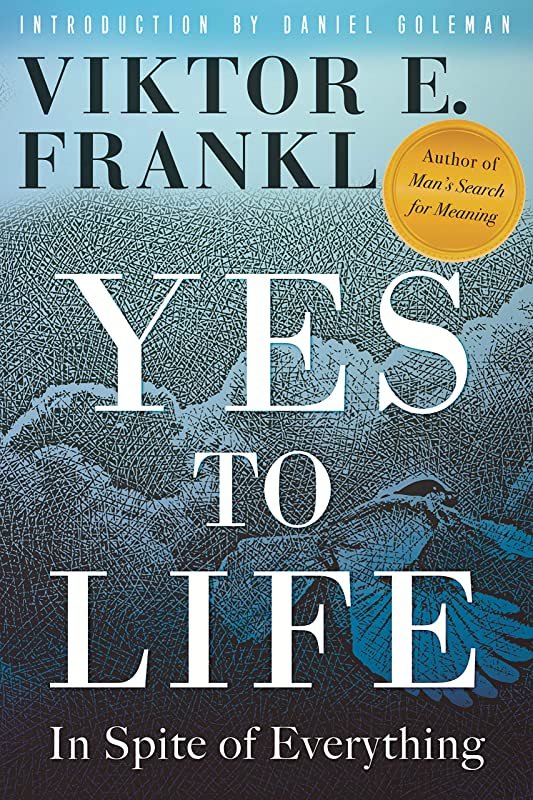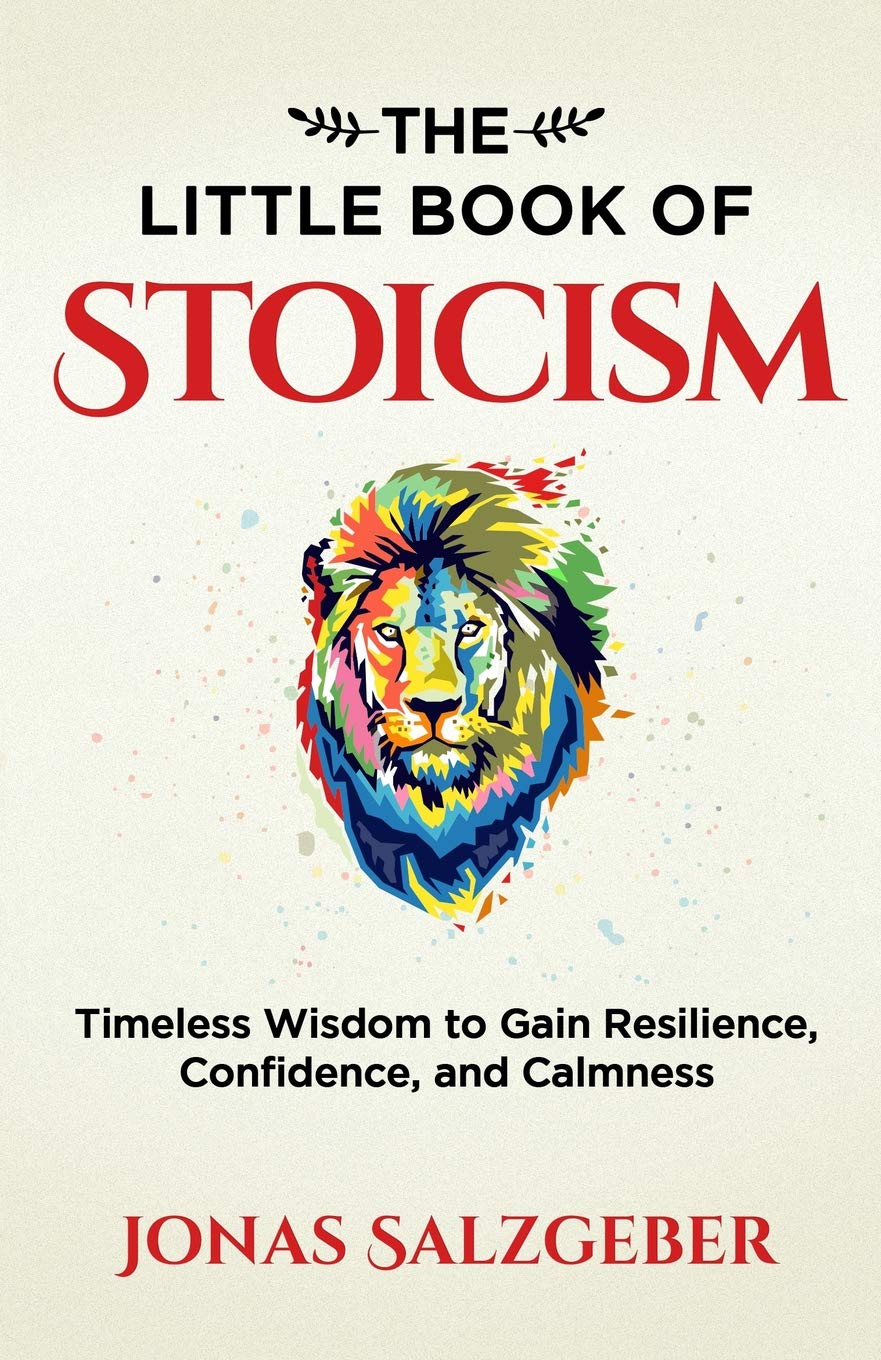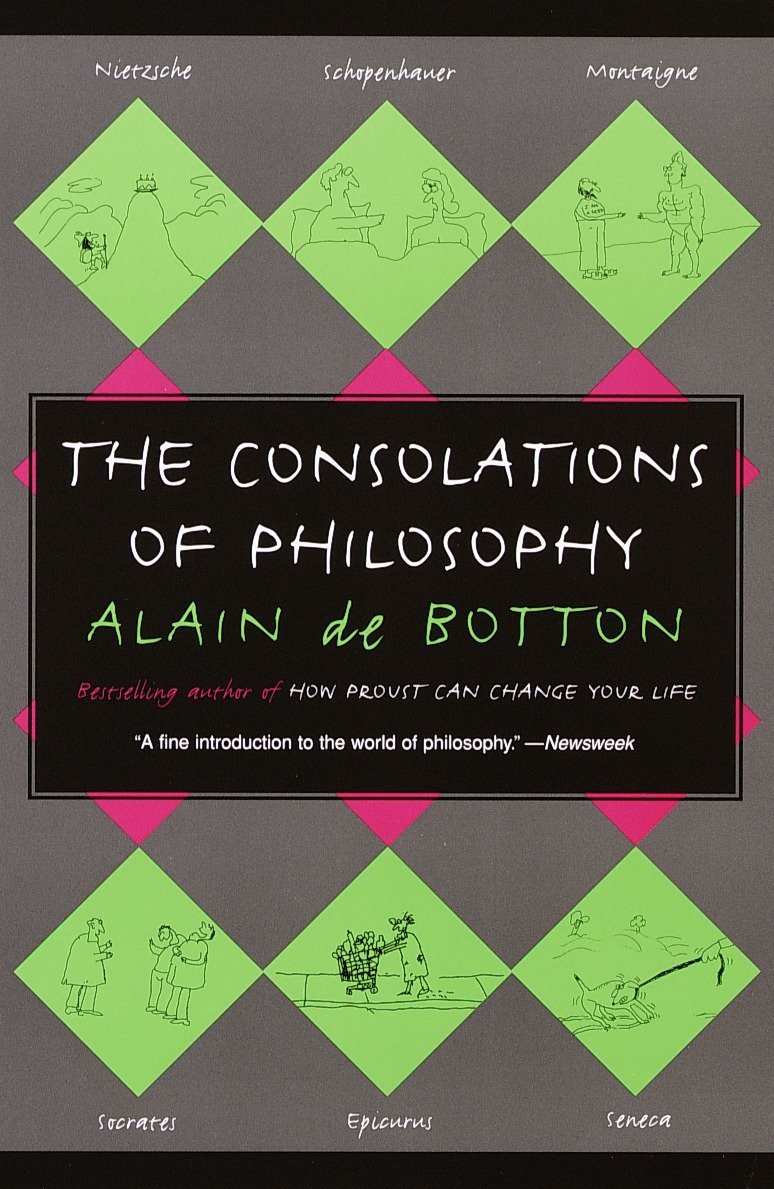Be Water, My Friend by Shannon Lee
Date read: 11/9/23. Recommendation: 9/10.
Be Water, My Friend captures a loyal Bruce Lee fan base, but Shannon Lee’s enthusiasm for her father’s philosophy and her personal commentary delivers a book that holds its own. The core tenet of the book is that fluidity leads to growth and evolution. Martial arts reflect personal growth in this way and there’s no better teacher than Bruce Lee. The emphasis on “life is motion, find a way to move with it” builds upon ideas in the Tao of Jeet Kune Do, but in an accessible way for an audience who might be more interested in philosophy than martial arts. Beautiful sections on awareness, enthusiasm, experimentation, purpose, and movement. One of my favorite books that I’ve read all year.
Check out my notes below or Amazon for details and reviews.
My Notes:
Bruce Lee’s background:
Martial arts was his chosen love, started practicing wing chun gung fu in Hong Kong at 13 years old, and he practiced every day until his death at 32.
His sifu (teacher) was Yip Man, who was trying to teach a fiery young Bruce Lee the importance of gentleness, fluidity, and pliability, not just strength and cunning.
“Never assert yourself against nature. Never be in frontal opposition to any problem, but control it by swinging with it.” Yip Man
Movement:
Bruce Lee lived every aspect of his life according to the philosophy of movement. He was interested in concepts and tools that applied to real-life situations. “He didn’t deal in points earned or light touches landed, as was the style of the day in high-level competitions. He called that kind of point-oriented, competitive fighting, with so many rules on how to score without causing injury, ‘dryland swimming.’” SL
“Like flowing water, life is perpetual movement.” Bruce Lee
“No man ever steps in the same river twice, for it’s not the same river and he’s not the same man.” Heraclitus
Awareness:
“For many of us, life happens to us. We get trapped in unconscious patterns of living and forget that there are, in fact, many choices and many ways to be fully involved in the creation of our lives. To say it another way, we want to be fully alive versus merely subsisting. And to do that, we have to be paying attention.” SL
Movement is life: “Pliability is life; rigidity is death, whether we are speaking of the body, the mind, or the spirit. Be pliable.” Bruce Lee
“Don’t put all your focus and energy into your career so that one day you will be content and happy. Work on being content and happy and bring that into your career and the rest of your life.” SL
Purpose:
What you do and who you are is not as important as how you express your “what” and your “who” in everything you do. SL
Self-actualization: “It is to know oneself and express the uniqueness of oneself for the world with such skill and with such ease that, like water, it will flow naturally from you.” SL
“And you don’t get to express your best self out in the world without a healthy dose of personal inventory and integrity. It takes work to make your insides match your outsides.” SL
“But only you will really ever know whether your life was good for you.” SL
“All goals apart from the means are an illusion. There will never be means to ends, only means.” Bruce Lee
“Life is a process, not a goal; a means but not an end; a constant movement rather than an established pattern.” Bruce Lee
Letter at age 21: “I feel I have this great creative and spiritual force within me that is greater than faith, greater than ambition, greater than confidence, greater than determination, greater than vision. It is all of these combined. My brain becomes magnetized with this dominating force, which I hold in my hand.” Bruce Lee
Martial arts:
“Proficiency in martial arts is the practice of keeping centered and skillfully responsive under the direst of circumstances: the threat of physical harm.” SL
Yin and yang:
Not opposites, but complements. They work together to form a whole. “And so it is with water. Water is gentle yet powerful. Soft, yet strong. Flowing, yet deep. And so it is with life.” SL
Experimentation:
(Before JKD) By 1964, Bruce Lee had established a second martial arts school in Oakland, CA, called the Jun Fan Gung Fu Institute (another was in Seattle) where he taught a slightly modified form of wing chun, the martial art he had learned in Hong Kong as a teenager. “I say ‘slightly modified’ because my father had started to contemplate and experiment with shifts in technique—these were very small deviations from the traditional norm, such as a slight angling of the foot here, more movement at the waist there, quicker initiation of movement in response to an opponent.” SL
But he was still just 24 years old at the time and a bit of a loudmouth. “He was also bucking tradition in ways that annoyed the Chinese kung fu old guard in San Francisco’s Chinatown community. My father would give demonstrations at the Sun Sing Theater in Chinatown, and he would talk loudly and brashly about how many of the Chinese Martial arts were bogged down by unnecessary, wasted motions, using the term ‘classical mess’ repeatedly to disparage other traditional kung fu styles. He would then challenge people to come up onstage and see if they could best his technique.” SL
“As if that weren’t enough to ruffle feathers, he also opened his schools to people of all races and backgrounds. In the eyes of the kung fu establishment, traditions were meant to be adhered to, and while the occasional non-Chinese might find their way into Chinese kung fu classes from time to time, there was certainly not an open-door policy to the general public. Bruce was disrespectful ‘ruining’ the old ways, and for the traditionalists in Chinatown, this would not stand.” SL
“In late 1964, the San Francisco Chinatown community issues a challenge against my father. They’d had enough of this bold young man and his rebellious ways, and they were going to do what they could to silence him. They proposed a challenge match to be fought at my father’s school in Oakland. If their champion won, Bruce Lee would cease teaching, and if my father won, he could continue on unimpeded.” Page 57 for full story.
Bruce Lee won the fight, which lasted three minutes, after his opponent took off running after the exchange of initial blows. Lee had to grab hold and attack him from behind while running, something traditional martial arts hadn’t prepared him for. Despite the victory, he was disheartened that traditional wing chun hadn’t prepared him for this “anything goes” scenario. The traditional practices were too specialized, too rigid. This was the great revelation of his martial arts career and led to the seeds of jeet kune do.
Jeet kune do (JKD):
Jeet kune do = the way of the intercepting fist.
“When my father created his martial art of jeet kune do (JKD), he took great care to establish deep philosophical principles to accompany it. These philosophies were meant to engage the mind and the spirit as well as the body and were a key component to guarding against rote drilling and perfunctory training. JKD emphasizes formless and non-telegraphic movement—movement that happens so instantaneously and in perfect response to the actual situation that the opponent cannot see what’s coming. The philosophy attached to JKD is meant to root the practitioner in a fluid and present state to keep him or her flexible and capable of initiating and responding to change. And one can only respond to change if one has enough mobility in approach to do so.” SL
Starting ideating on JKD in 1965, formally named it in 1967.
One of the first teachings of JKD is the on-guard position. It was the starting stance from which all movement ignites. It was based on his study and understanding of the laws of physics and biomechanics, as well as other combative arts—wing chun, boxing, fencing. Bruce Lee saw a certain amount of tension as a necessary component of being on guard. You’re coiled, ready to strike. Not too rigid, not too relaxed.
Purposefully unbalancing yourself: “To be balanced is to be more or less at rest. Action, then, is the art or method of unbalancing toward keeping oneself moving forward, learning and growing.” Bruce Lee
When Bruce Lee started JKD, it was an extremely unorthodox approach for fighting arts of the time. He advocated for forgetting what you think you already know, emptying your mind, and making room to let knew information in. This doesn’t mean forgetting. It means opening your mind and your approach to each experience with a willingness to consider something new.
“Never be for or against. The struggle between ‘for’ and ‘against’ is the mind’s worst disease. Do not like or dislike, an all will then be clear.” Bruce Lee
When developing JKD, looked to standard martial arts for inspiration and information, but also looked beyond at Western boxing, fencing, biomechanics, and philosophy.
“He admired the simplicity of boxing, incorporating its ideas into his footwork and his upper-body tools (jab, cross, hook, bob, weave, etc.). And from fencing, he began by looking at the footwork, range, and timing of the stop hit and the riposte, both techniques that meet attacks and defenses with preemptive moves. From biomechanics, he studied movement as a whole, seeking to understand the physical laws of motion while understanding biological efficiencies and strengths…He was open to all inspiration and all possibilities.” SL
Core tenants of JKD: “Research your own experience. Reject what is useless. Accept what is useful. And add what is essentially your own.” Bruce Lee
Art of relaxed concentration: “The warrior’s instinct was not to be confused with animal instinct. Like a visceral reaction, it came from a combination of wisdom and discipline. It was an ultimate reasoning that went beyond reason, the ability to make the right move in a split second without going through the process of thinking.” Eiji Yoshikawa
Jeet kune do requires us to be the quintessential version of ourselves.
Reality is your friend:
Despite feeling troubled after the Oakland fight, he could have pushed that off to the side without examining it. But he did examine and turn it over. “But because he took heed and gave serious attention to the entirety of his experience, in particular the troubling bits, he created a new art form and philosophy and went on to change the landscape of martial arts globally.” SL
Let the problem lead you: “We shall find truth when we examine the problem. The problem is never apart from the answer; the problem is the answer.” Bruce Lee
Pure seeing versus sticky mind:
Pure seeing = not projecting your own preferences and opinions during an experience so you can see it for what it is. Similar to Scout Mindset by Julia Galef.
Sticky mind = moment in an encounter when you get stuck trying to enforce some strategy you have that’s separate from what’s actually happening in the present moment. In martial arts this often reveals itself when fighters get caught up in what they want the fight to be, rather than what the fight actually is as its unfolding. And this spells disaster, as you’re unable to demonstrate the flow, presence, maturity, or ability to respond appropriately. Your mind is stuck. Your cup is too full. Bruce lee advocates for “emptying your cup.”
Workouts:
March 27, 1968, Bruce Lee did 500 punches with his right hand, 250 punches with his left, series of ab exercises, 7 sets of leg raises, sit-ups, sidebends. Did another 500 punches with his right hand, 250 with his left. Cycled two miles, followed by one more set of 500 punches with his right hand.
Enthusiasm is king:
“When we are enthusiastic, we are inspired by life. We are in joy; we are eager.” SL

